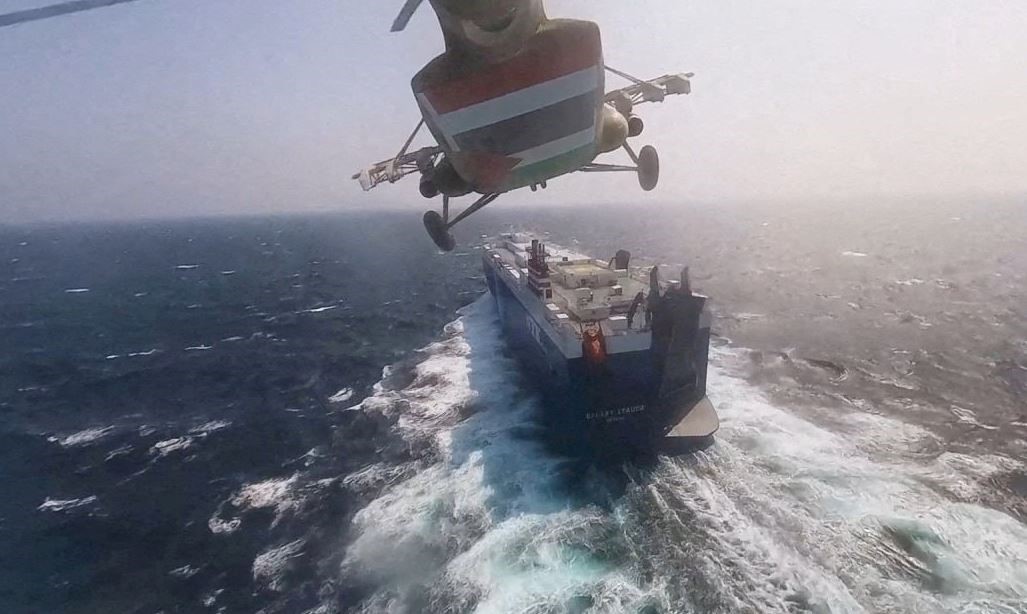WASHINGTON/ADEN: The United States and Britain launched air and sea strikes against Houthi military targets in Yemen in response to the movement’s attacks on ships in the Red Sea, a dramatic regional widening of the war between Israel and Hamas in Gaza. .
As witnesses in Yemen confirmed explosions across the country to Reuters, President Joe Biden warned in a statement late Thursday that he would not hesitate to take further action if necessary.
“These targeted strikes send a clear message that the United States and our partners will not tolerate attacks on our personnel or allow hostile actors to threaten freedom of navigation,” Biden said.
Britain’s Ministry of Defense said in a statement that “early indications are that the Houthis’ ability to threaten merchant shipping has suffered a blow”. The Iranian-backed Houthis say their attacks on shipping lanes in the Red Sea are a show of support for the Palestinians and Hamas, the Islamist group that controls Gaza.
US Defense Secretary Lloyd Austin, who is in hospital due to surgical complications, said in a statement that the attacks targeted Houthi capabilities including drones, ballistic and cruise missiles, coastal radar and aerial surveillance.
A Houthi official confirmed the “raids” in the capital Sana’a, along with the cities of Saada and Dhamar, as well as in Hodeidah governorate, calling them “US-Zionist-British aggression”.
Witnesses told Reuters the airstrikes targeted a military base adjacent to Sanaa airport, a military base near Taiz airport, a Houthi naval base in Hodeidah and military sites in Hajjah governorate.
Also read: Seven killed, 11 injured in multiple accidents
FEAR OF ESCALATION
The US said Australia, Bahrain, Canada and the Netherlands supported the operation and sought to present the strikes as part of an international effort to restore the free flow of trade on the key route between Europe and Asia, which accounts for about 15% of all world shipping.
But the strikes, the first on Yemeni soil since 2016, were also an undeniable demonstration of Washington’s struggle with the fallout from the war between Israel and Hamas in the Middle East since its eruption in October. Although Washington has said it has no intention of escalating tensions, the Houthis have vowed to retaliate against any attack.
“We fear that it could escalate,” said Andreas Krieg of King’s College London, warning of the risk that Saudi Arabia and the United Arab Emirates could also be drawn into the confrontation.
In a statement after the attacks, Saudi Arabia called for restraint and “avoiding escalation”.
The United States has also accused Iran of being operationally involved in Houthi attacks in the Red Sea and providing military capabilities and intelligence to carry them out.
“We believe they were certainly involved at every stage of this,” a senior US official told reporters.
Strikes were carried out by planes, ships and submarines. Another US official said more than a dozen locations were targeted and the attacks were intended to weaken the Houthis’ military capabilities, as opposed to being merely symbolic.
“We were going after very specific capabilities in very specific locations with precision munitions,” a US military official said.
The Houthis, who control most of Yemen, have defied UN and other international appeals to halt their missile and drone attacks on shipping lanes in the Red Sea, and warnings from the United States of consequences if they do not.







